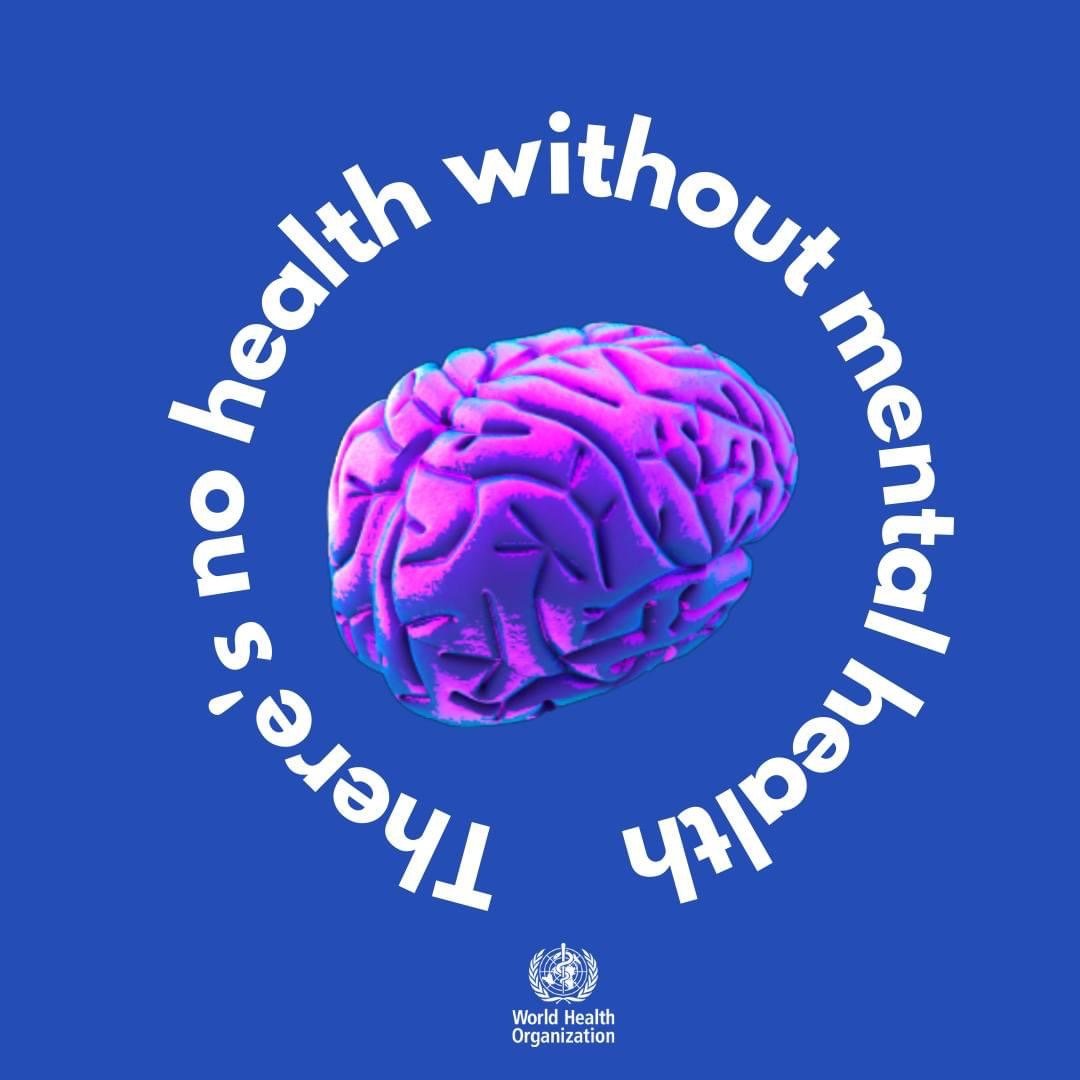This Beijing University study published in Frontiers in Public Health shows that taichi has a positive effect on depression and anxiety.
The study involved a randomised controlled trial comparing taichi and regular physical activity to evaluate the effect of taichi as a therapy for improving depression and anxiety of college students. It also considered optimal practice duration and frequency.
The study found that:
(1) Taichi therapy can significantly improve the symptoms of depression and anxiety among college students. It has great promotion value in colleges and universities.
(2) The most beneficial practice period is more than 12 weeks, and the best effect comes when taichi is practiced 3 times a week. The best practice duration for depression symptoms is 80–90 minutes and for anxiety symptoms is 60 minutes.
In addition, some scholars have found that taichi can exert anti-depressant effects through anti-inflammatory effects during practice.
Other studies have shown that taichi practice can improve the body’s response to stress and promote the central nervous system to achieve balance.
“Quiet mind and body relaxation” as an essential point of practicing taichi
“Quiet mind” refers to the practitioner’s concentration on taichi leading with the mind and prompting the brain to be in a state of “self-forgetfulness”.
“Body relaxation” refers to the state where the body is as relaxed as possible during practice. When the human body is in a state of relaxation of the mind and body, the heart rate will slow down, peripheral blood vessels will relax, blood pressure will slow down and endocrine is regulated.
https://www.frontiersin.org/articles/10.3389/fpubh.2022.1032266/full
If you are looking for a taichi program to maintain mental health, try a Wulong class today. Click here to see all our class locations and timings.

